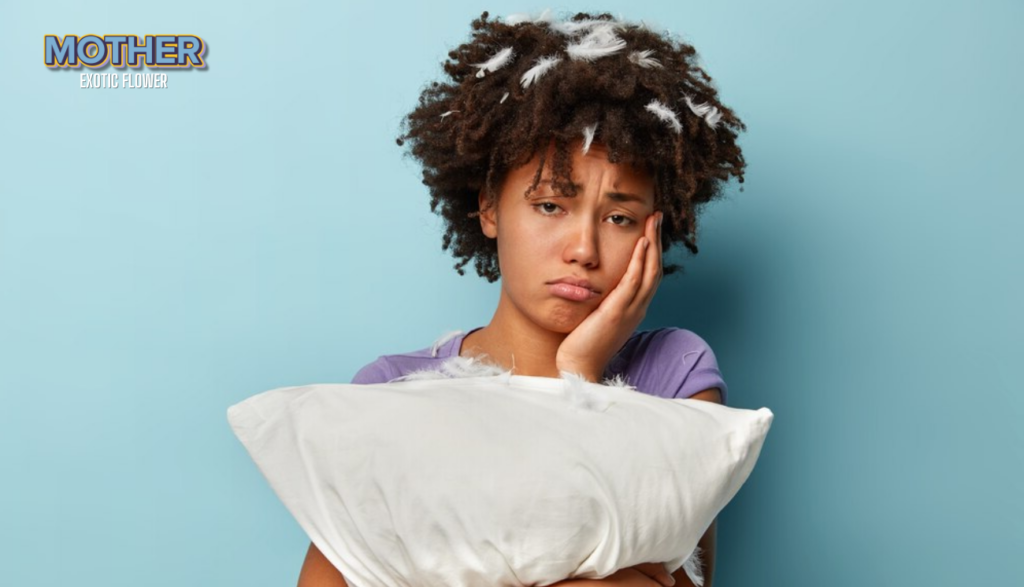
Mental Health and Sleep
We’ve all felt how a poor night’s sleep can affect our mood, encapsulated by the saying “woke up on the wrong side of the bed.” This adage holds truth, as sleep is closely linked to mental and emotional wellbeing. Scientific research underscores the connection between sleep and mental health conditions like depression, anxiety, and bipolar disorder. Ongoing studies aim to explore the complex, bidirectional relationship between sleep and mental health, suggesting that improving sleep can enhance mental well-being and contribute to the treatment of various psychiatric conditions.
How Is Mental Health Related to Sleep?
Sleep involves different stages, each crucial for brain function, including thinking, learning, and memory.
These stages also impact emotional and mental health significantly. Adequate sleep, particularly REM
sleep, allows the brain to process emotional information and consolidate memories. Insufficient sleep
impairs the retention of positive emotions, which can negatively affect mood and emotional responses,
potentially exacerbating mental health issues and increasing the risk of suicidal thoughts.
Traditionally, sleep disturbances were viewed as symptoms of mental health disorders. However, it’s now
clear that sleep issues can both contribute to and result from mental health problems. Further research
is needed to fully understand the intricate relationships between sleep and mental health and how
individual factors influence these connections.
Obstructive Sleep Apnea (OSA) and Mental Health
OSA, characterized by breathing interruptions during sleep and reduced oxygen levels, leads to
fragmented sleep. It is frequently observed in individuals with psychiatric conditions, worsening their
physical health and increasing the likelihood of severe mental distress.
Sleep and Specific Mental Health Issues
The relationship between sleep and mental health becomes even more apparent when examining
specific conditions:
- Depression: Affecting over 300 million people globally, depression often comes with sleep
problems such as insomnia or excessive daytime sleepiness. Evidence suggests a bidirectional
relationship where poor sleep may trigger or worsen depression, opening up potential new
treatment avenues. - Seasonal Affective Disorder (SAD): This form of depression occurs during periods of reduced
daylight and is closely linked to disruptions in the circadian rhythm. People with SAD may
experience significant changes in their sleep patterns. - Anxiety Disorders: Affecting around 20% of adults and 25% of teenagers in the U.S. annually,
anxiety disorders often involve significant sleep issues. The constant state of worry and fear can
lead to hyperarousal, making it difficult to fall asleep and causing anticipatory anxiety at
bedtime. - Post-Traumatic Stress Disorder (PTSD): Individuals with PTSD frequently suffer from insomnia,
nightmares, and heightened alertness, all of which disrupt sleep. Poor sleep can worsen PTSD
symptoms, creating a vicious cycle. - Bipolar Disorder: This disorder, marked by extreme mood swings, sees varying sleep patterns
during manic and depressive episodes. Disruptions in sleep can trigger or intensify these
episodes, suggesting that improving sleep could aid in managing the disorder. - Schizophrenia: This condition, involving difficulty distinguishing reality, often includes insomnia
and circadian rhythm issues. Medications used for schizophrenia may also disrupt sleep, but
improving sleep patterns could benefit those with the condition. - Attention-Deficit/Hyperactivity Disorder (ADHD): Both children and adults with ADHD
commonly face sleep problems, including difficulty falling and staying asleep. Poor sleep can
worsen ADHD symptoms, while ADHD can also contribute to sleep issues, creating a challenging
cycle. - Autism Spectrum Disorder (ASD): Individuals with ASD often experience persistent sleep
problems such as insomnia and sleep-disordered breathing. Addressing these issues is crucial, as
poor sleep can exacerbate symptoms and negatively impact quality of life.
Ways to Improve Both Sleep and Mental Health - Cognitive Behavioral Therapy (CBT): CBT focuses on altering negative thought patterns and can
be effective in improving sleep and mental health. CBT for insomnia (CBT-I) has shown success in
reducing sleep issues and enhancing emotional well-being. - Improving Sleep Habits: Better sleep hygiene can significantly reduce sleep disruptions.
Strategies include:
o Sticking to a consistent sleep schedule.
o Incorporating relaxation techniques before bed.
o Avoiding alcohol, tobacco, and caffeine in the evening.
o Dimming lights and turning off electronic devices an hour before bedtime.
o Exercising regularly and getting natural light exposure during the day.
o Ensuring a comfortable sleep environment with proper bedding and minimizing noise
and light disruptions.
Finding effective routines and optimizing your bedroom environment may require some
experimentation, but these adjustments can lead to better sleep and overall improved mental health.
